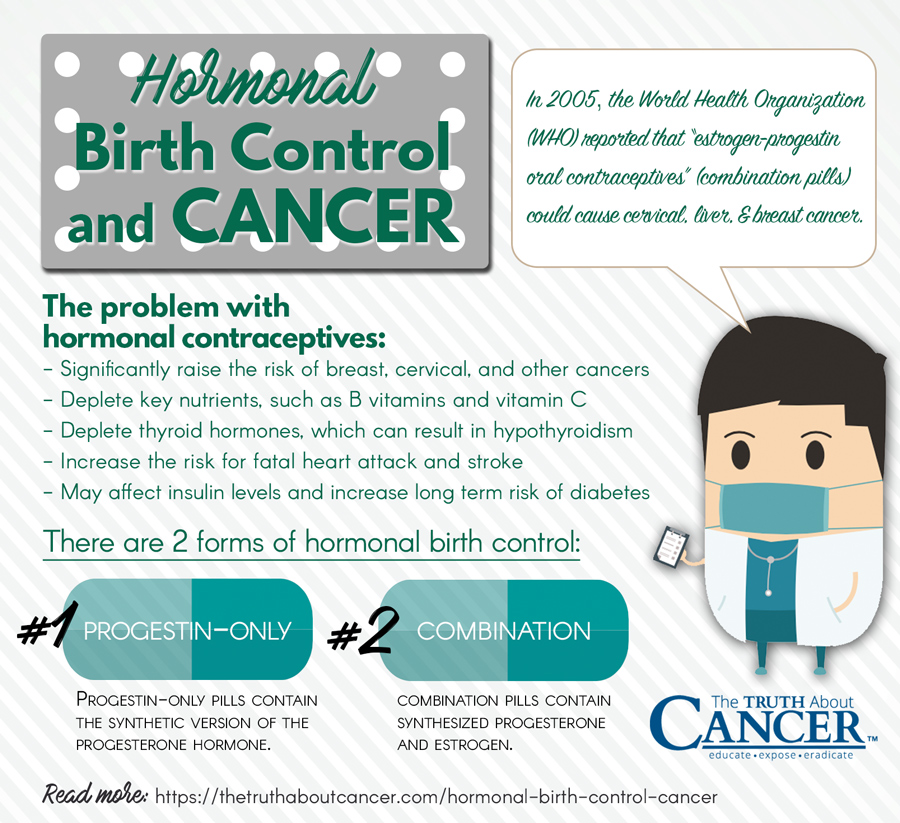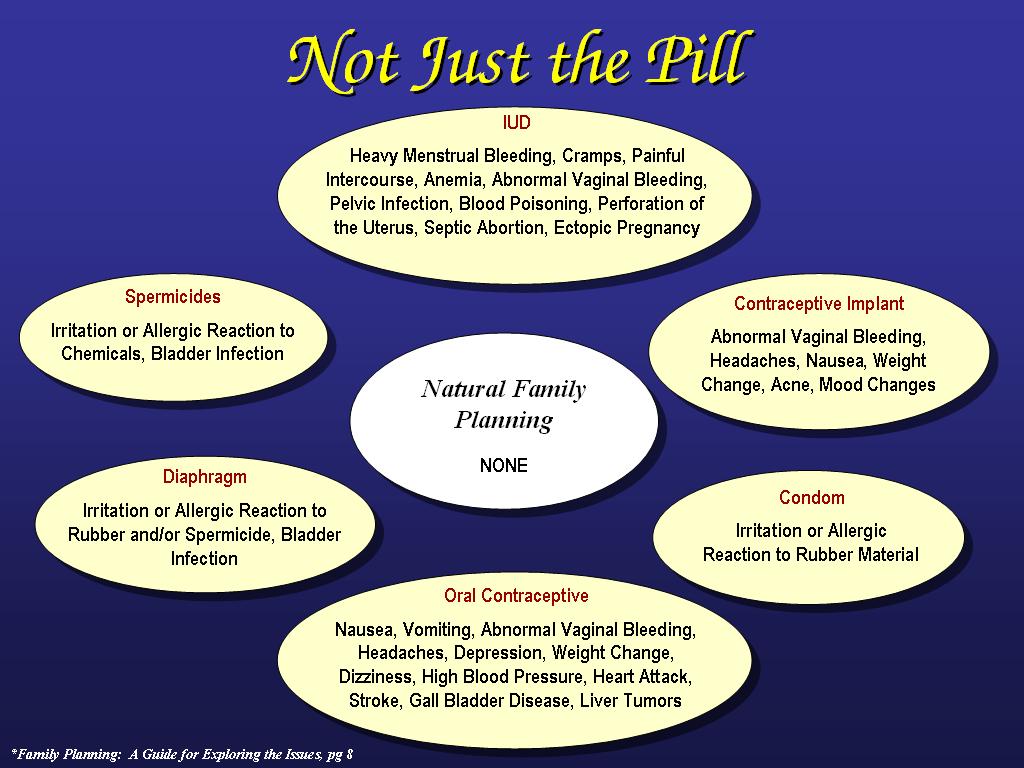
Safety concerns and health benefits associated with oral contraception. How could oral contraceptives influence cancer risk?īurkman R, Schlesselman JJ, Zieman M.

One study found a 10% increased risk for less than 5 years of use, a 60% increased risk with 5–9 years of use, and a doubling of the risk with 10 or more years of use ( 9). The longer a woman uses oral contraceptives, the greater the increase in her risk of cervical cancer.

Cervical cancer: Women who have used oral contraceptives for 5 or more years have a higher risk of cervical cancer than women who have never used oral contraceptives.The risk of breast cancer also increased the longer oral contraceptives were used. The risk increase varied from 0% to 60%, depending on the specific type of oral combined hormone contraceptive. Overall, women who were using or had recently stopped using oral combined hormone contraceptives had a modest (about 20%) increase in the relative risk of breast cancer compared with women who had never used oral contraceptives. In 2017, a large prospective Danish study reported breast cancer risks associated with more recent formulations of oral contraceptives ( 8).

An elevated risk associated with specific triphasic formulations was also reported in a nested case–control study that used electronic medical records to verify oral contraceptive use ( 7). However, nearly all of the increased risk was seen among women who took a specific type of oral contraceptive, a “triphasic” pill, in which the dose of hormones is changed in three stages over the course of a woman’s monthly cycle. Risk declined after use of oral contraceptives stopped, and no risk increase was evident by 10 years after use had stopped ( 4).Ī 2010 analysis of data from the Nurses’ Health Study, which has been following more than 116,000 female nurses who were 24 to 43 years old when they enrolled in the study in 1989, also found that participants who used oral contraceptives had a slight increase in breast cancer risk ( 5, 6). Women who were currently using oral contraceptives had a 24% increase in risk that did not increase with the duration of use. Breast cancer: An analysis of data from more than 150,000 women who participated in 54 epidemiologic studies showed that, overall, women who had ever used oral contraceptives had a slight (7%) increase in the relative risk of breast cancer compared with women who had never used oral contraceptives.Overall, however, these studies have provided consistent evidence that the risks of breast and cervical cancers are increased in women who use oral contraceptives, whereas the risks of endometrial, ovarian, and colorectal cancers are reduced ( 1– 3). That is because women who take oral contraceptives may differ from those who don’t take them in ways other than their oral contraceptive use, and it is possible that these other differences-rather than oral contraceptive use-are what explains their different cancer risk. Data from observational studies cannot definitively establish that an exposure-in this case, oral contraceptives-causes (or prevents) cancer.

Nearly all the research on the link between oral contraceptives and cancer risk comes from observational studies, both large prospective cohort studies and population-based case–control studies.


 0 kommentar(er)
0 kommentar(er)
